The garage is one of the most versatile spaces in a home, often used as more than just a place to park vehicles. Homeowners transform it into living quarters, storage rooms, gyms, or even small businesses. While these adaptations can feel practical or creative, building inspectors often see them in a different light. What might seem like a clever way to maximize space can actually violate local building codes, zoning laws, or safety requirements. Understanding which uses raise red flags is important before investing time and money in renovations. Here are six common garage uses that inspectors say could be illegal.
1. Converting to a Bedroom or Living Space
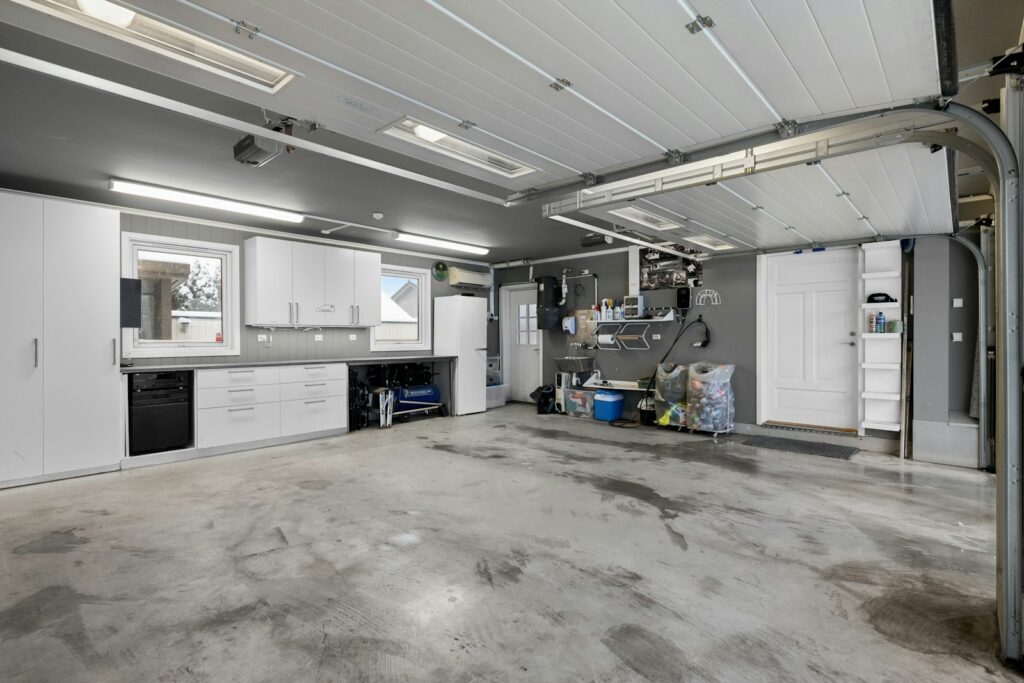
Many homeowners see their garage as an ideal place to create extra living space, especially when families expand or when rental income is tempting. However, garages are not originally designed with the same insulation, fire-rated walls, or emergency exits as traditional bedrooms. Without proper building permits and upgrades, a conversion can become unsafe for occupants and noncompliant with residential codes. Inspectors typically check for ceiling heights, electrical wiring, smoke detectors, and egress windows, all of which may be missing in a typical garage. What seems like a cost-saving idea may instead lead to fines or forced removal.
2. Operating a Home Business
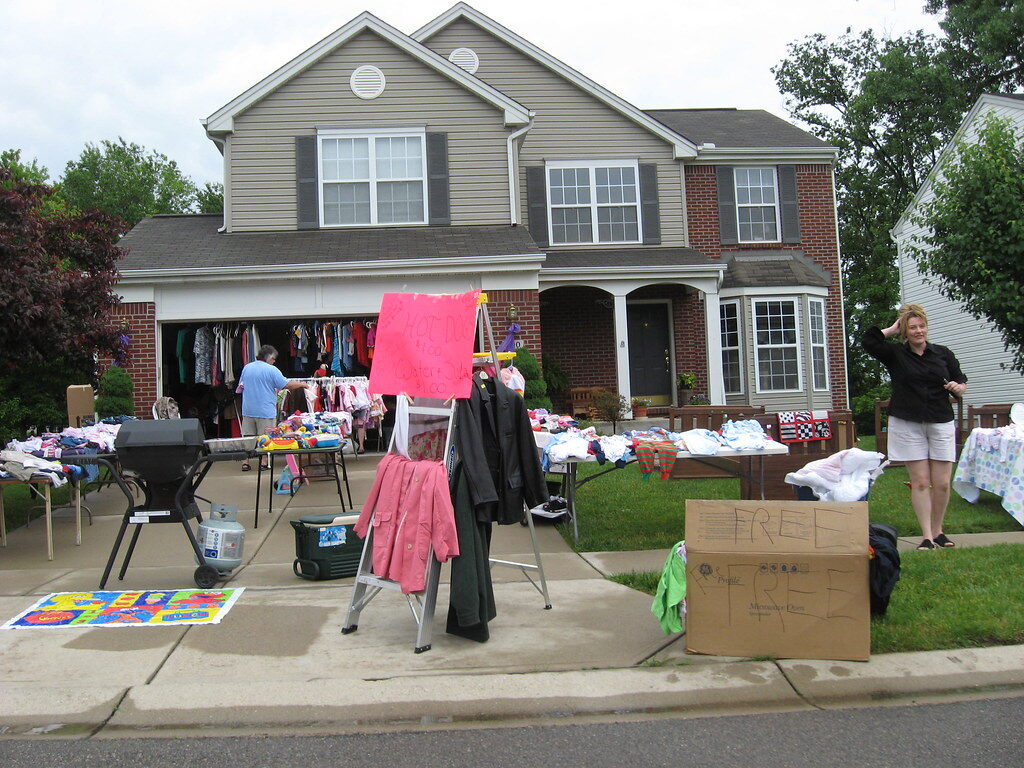
Running a business from your garage might sound like a practical solution, but zoning regulations often limit or prohibit commercial activity in residential areas. If your garage becomes a repair shop, woodworking business, or small store, inspectors may intervene due to noise, traffic, or safety hazards. Even seemingly harmless activities can trigger violations if clients regularly visit your home, or if materials used require storage not suitable for residential settings. Inspectors look closely at whether the garage’s use matches approved zoning categories. Ignoring these rules could result in penalties, complaints from neighbors, or even business shutdowns.
3. Music Studio, Workshop, or Maker Space
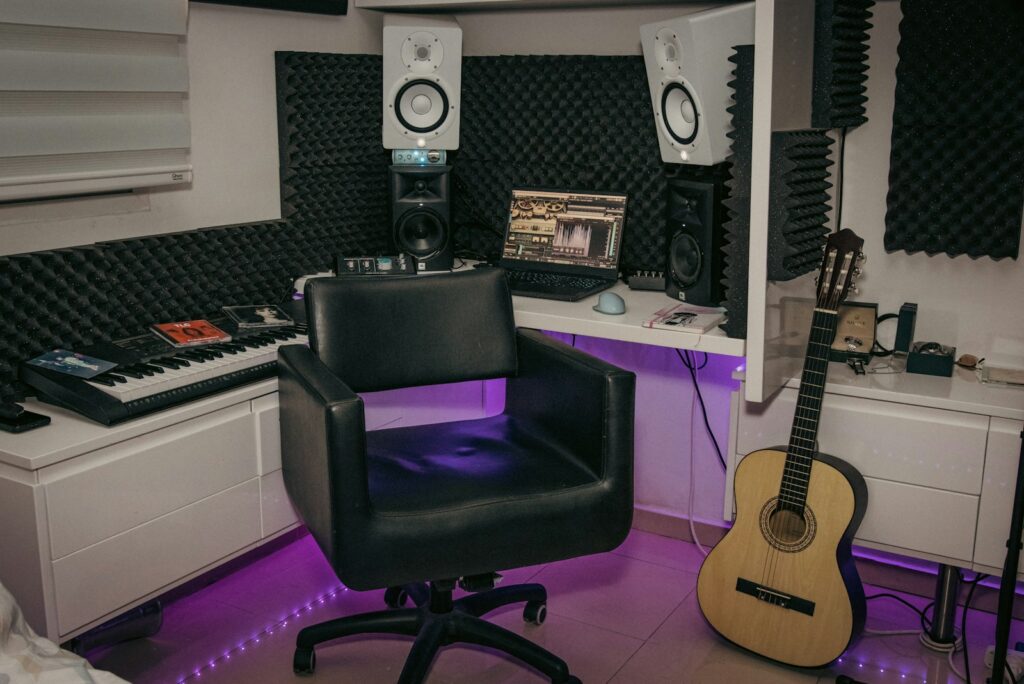
Transforming a garage into a workshop or creative studio can be inspiring, but it comes with strict safety considerations. Loud tools, heavy equipment, and dust from woodworking or metalwork can create hazards. Building inspectors are concerned with fire risks, ventilation, noise disturbances, and proper separation from living areas. For example, inadequate exhaust systems can allow harmful particles to linger, while poor soundproofing might violate noise ordinances. Even simple maker projects often require electrical upgrades that must meet code. Without proper permits and compliance, what begins as a creative outlet could result in legal complications and forced shutdowns by authorities.
4. Converting to a Home Gym, Sauna, or Spa
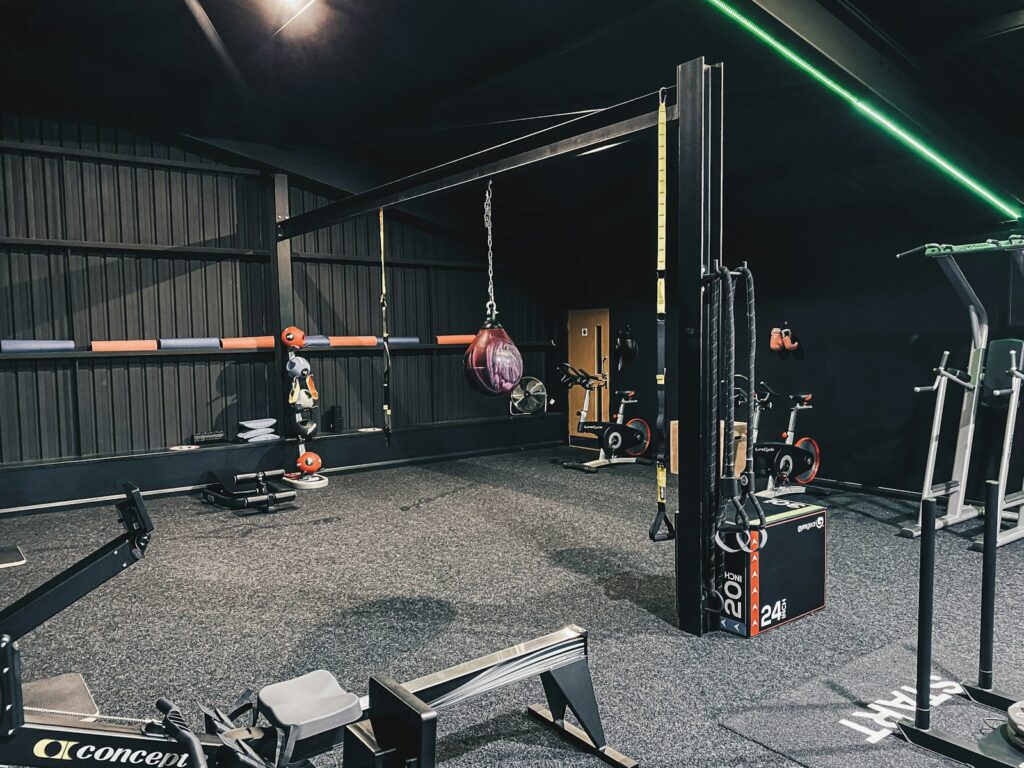
Using a garage as a fitness area seems appealing, but structural and safety concerns can make it problematic. Heavy gym equipment may exceed the weight capacities of garage flooring not designed for such loads. Installing saunas, steam rooms, or hot tubs brings additional risks, including moisture damage, electrical hazards, and mold growth. Inspectors look for proper ventilation, drainage, and waterproofing to ensure long-term safety. Even basic setups like treadmills or weight benches may trigger a review if the garage lacks adequate electrical circuits. Home gyms sound practical, but without code compliance and permits, homeowners may face citations, fines, or mandatory removal.
5. Storage for Hazardous or Bulk Materials
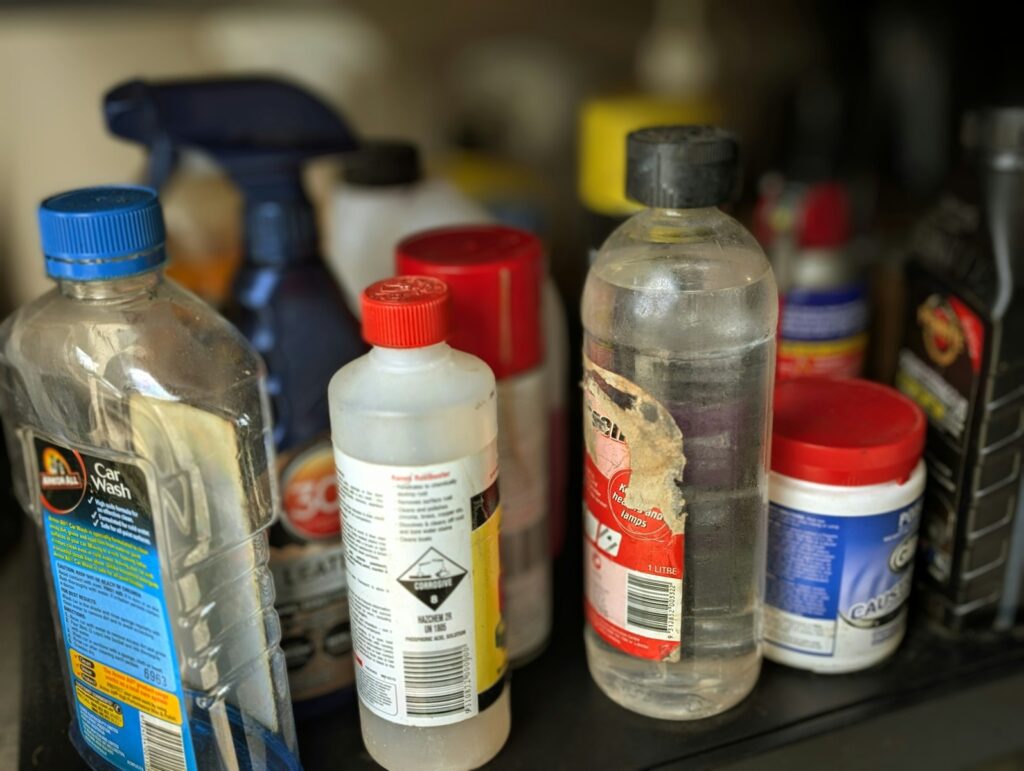
A garage often feels like the perfect place to store everything from paint cans to cleaning chemicals, but not all storage is safe or legal. Inspectors frequently flag garages that house flammable liquids, compressed gases, or bulk materials in amounts exceeding residential limits. Fire codes restrict what can be stored to reduce the risks of explosions or hazardous fumes. Storing large inventory for a side business, like boxes of products or oversized materials, can also violate residential use rules. While some storage is expected in a garage, crossing safety thresholds can quickly lead to citations and required disposal or relocation.
6. Subletting or Living Quarters for Rent
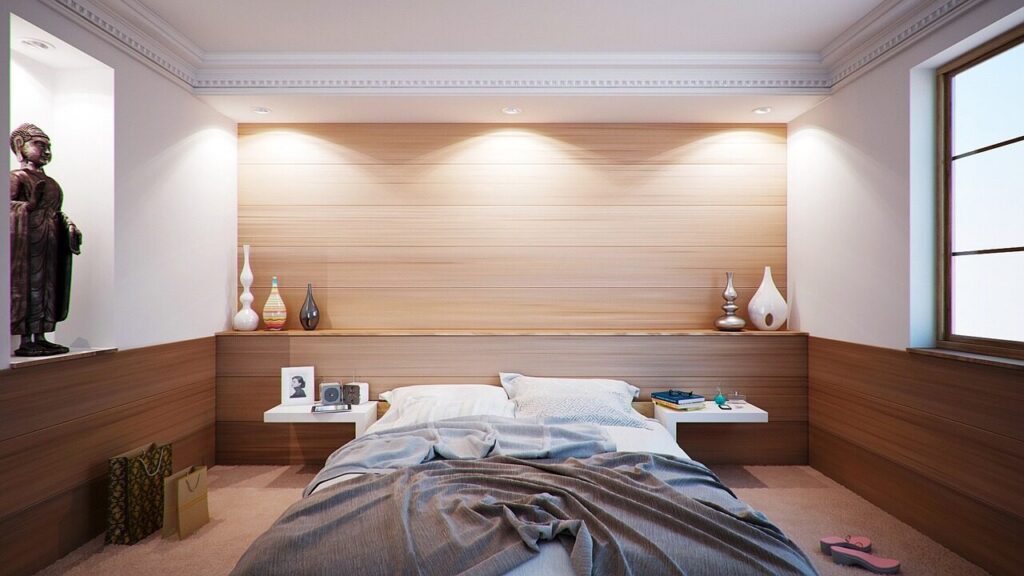
Renting out a garage as an apartment or short-term rental might seem like a clever way to earn extra income, but inspectors view it as a serious violation if the space lacks required living standards. Minimum ceiling heights, insulation, plumbing, and fire safety systems are often missing in garages. Renting such spaces without permits can not only result in fines but also jeopardize tenant safety. Zoning laws often prohibit turning garages into rental units unless they are fully approved accessory dwellings. Without proper upgrades and legal approval, homeowners risk both financial penalties and liability for tenant injuries.
Comments